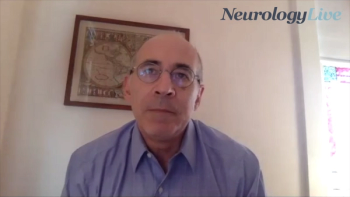
The managing director of the Interdisciplinary Brain Center at Massachusetts General Hospital discussed the potential of AMX0035 for the treatment of Alzheimer disease and other neurological diseases.

The managing director of the Interdisciplinary Brain Center at Massachusetts General Hospital discussed the potential of AMX0035 for the treatment of Alzheimer disease and other neurological diseases.

The executive director of the Norman Fixel Institute for Neurological Diseases discussed the issues within the current system that prevent approvals for neurologic devices for rare diseases.

Neurology News Network for the week ending November 28, 2020.

The chair of the department of neurology at The Ohio State University spoke to the ongoing conversation in MS about how aggressive to be with treatment early on.
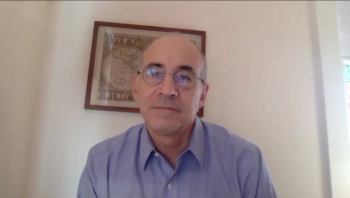
The managing director of the Interdisciplinary Brain Center at Massachusetts General Hospital discussed the trial design and outcomes of the PEGASUS trial of AMX0035.

The chief scientific officer of the Parkinson’s Foundation offers his side of the debate on whether genetic testing for patients with Parkinson disease is under-utilized.

The section chief of pediatric neurology at Nationwide Children’s Hospital discussed his experience using some of the approved medications for patients with Lennox-Gastaut syndrome.

The professor of neurology at the NYU Langone Grossman School of Medicine detailed the ways the COVID-19 pandemic impacted mental health of frontline clinicians.



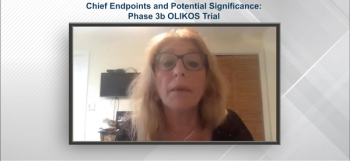

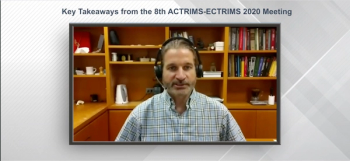

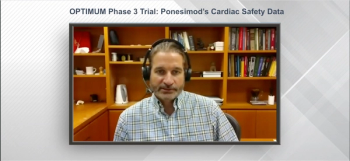
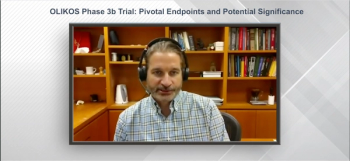
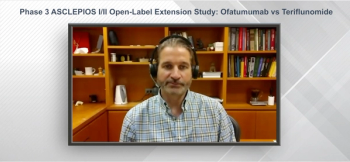


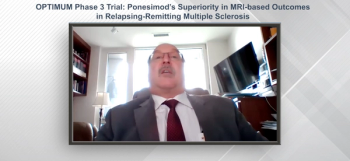
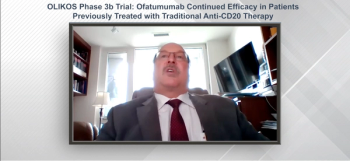
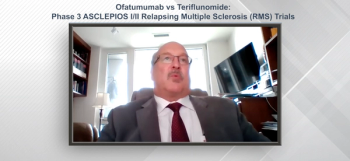

The vice president of Clinical Research at Eisai detailed why lorcaserin’s formula made it suitable for treating patients with Dravet syndrome.

The vascular neurologist at Memorial Hermann Medical Group explained how clinical stroke care will change in 2021 amid the COVID-19 pandemic.

The professor of neurology and pediatrics at the University of Alabama at Birmingham Epilepsy Center detailed challenges faced by children with infantile spasms and how the spasms evolve later in life.
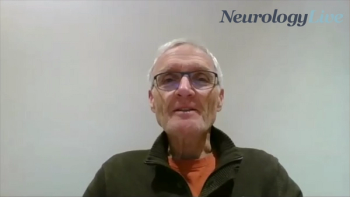
The professor from the Universite de Sherbrooke discusses the use of ketogenic diets and supplements to increase cognition.
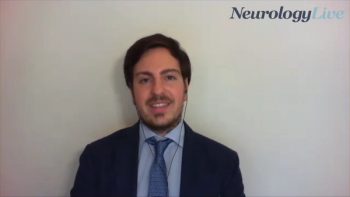
The neurology resident at Magna Graecia University of Catanzaro also touched on how accurate early diagnoses can help hone clinical trial recruitment.

Neurology News Network for the week ending November 21, 2020.

The chair of the department of neurology at The Ohio State University discussed the idea of the multiple sclerosis prodrome, presented in a plenary address at the MS Virtual 2020 meeting.